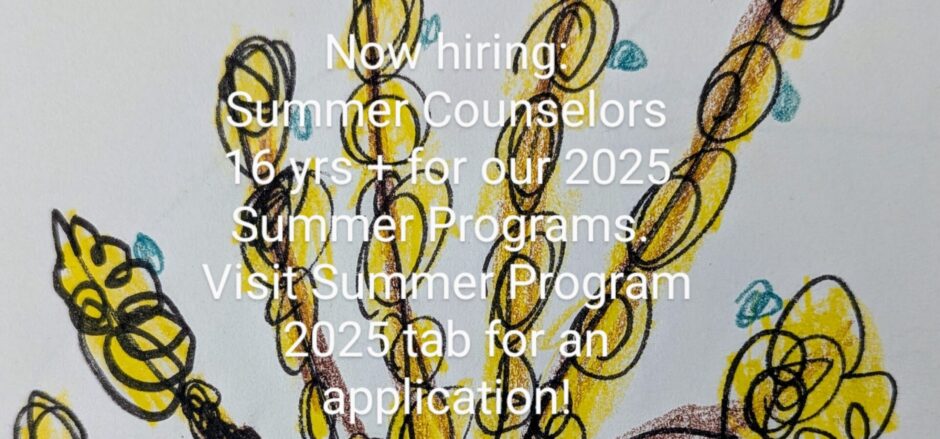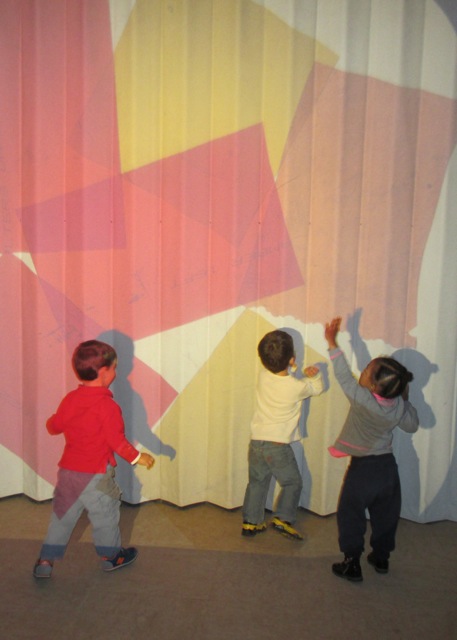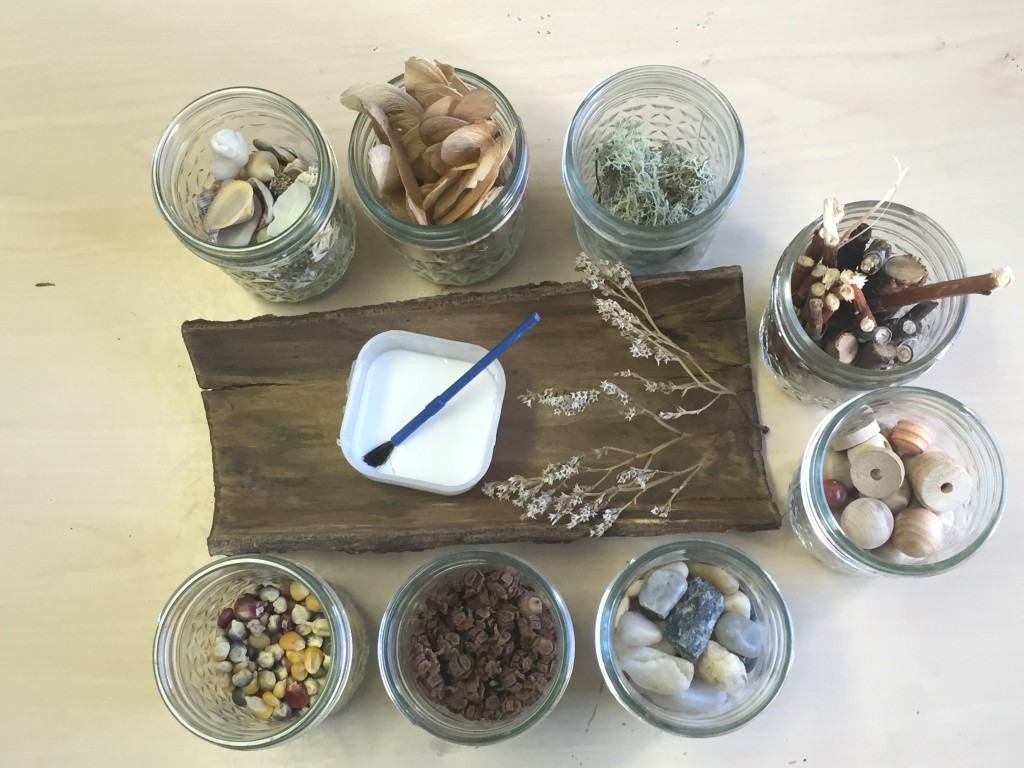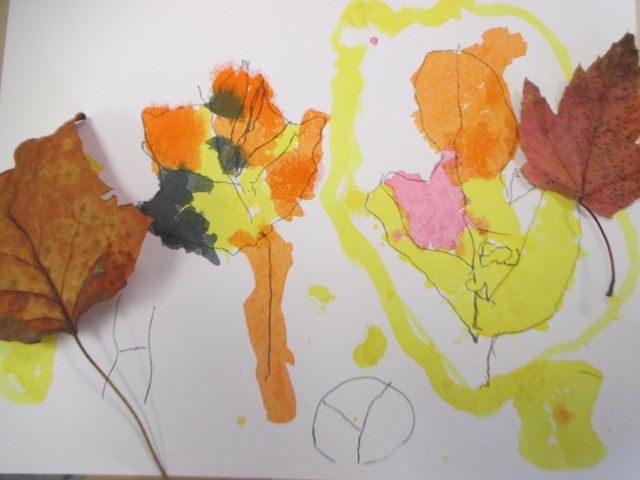This content has been archived. It may no longer be relevant
BHCP offers four classes, all of which meet from 9 a.m. to 12:15 p.m. There are two teachers per class and each day a parent co-ops in the classroom.
| CLASS | STUDENTS | MEETS |
|---|---|---|
| Yellow | 2½ to 3-year-olds (Must be 2 by March 31st) |
Thursdays & Fridays |
| Red | 3- to 4-year-olds | Mondays, Tuesdays & Wednesdays |
| Blue | Younger 4-year-olds | Mondays, Tuesdays, Wednesdays & Thursdays |
| Green | 4- to 5-year-olds (Pre-K) (Children new to BHCP must turn 5 after September 15th) |
When you enter a BHCP classroom, you immediately sense you are in a unique learning environment. We believe that a child’s social, emotional, cognitive and physical development is best supported in an atmosphere that is joyful, challenging, organized and fluid. For this reason, a spirit of discovery and purposeful, collaborative inquiry permeates our choice of learning materials, methods, activities, and the intentional preparation of the learning environment.
 We strongly believe that children are naturally capable, curious and have an array of intelligences. Our teachers are guides and facilitators of children’s learning, who are themselves, through observation, documentation and discourse, learning from the children, parents and each other. As a natural outgrowth of these beliefs and practices, we are inspired by the innovative approach to early childhood education found in the public preschools of Reggio Emilia, a community in Northern Italy. Our teachers also use the Responsive Classroom’s First Six Weeks as a guide to introduce the environment, set expectations, and build community.
We strongly believe that children are naturally capable, curious and have an array of intelligences. Our teachers are guides and facilitators of children’s learning, who are themselves, through observation, documentation and discourse, learning from the children, parents and each other. As a natural outgrowth of these beliefs and practices, we are inspired by the innovative approach to early childhood education found in the public preschools of Reggio Emilia, a community in Northern Italy. Our teachers also use the Responsive Classroom’s First Six Weeks as a guide to introduce the environment, set expectations, and build community.
Our classes are taught by a team of two teachers assisted by a co-oping parent each day. Additionally, we have a studio teacher, or atelierista, who plays an integral part in our curriculum. Our staff is a vibrant, unique group of highly qualified educators who share a common passion for our philosophy.
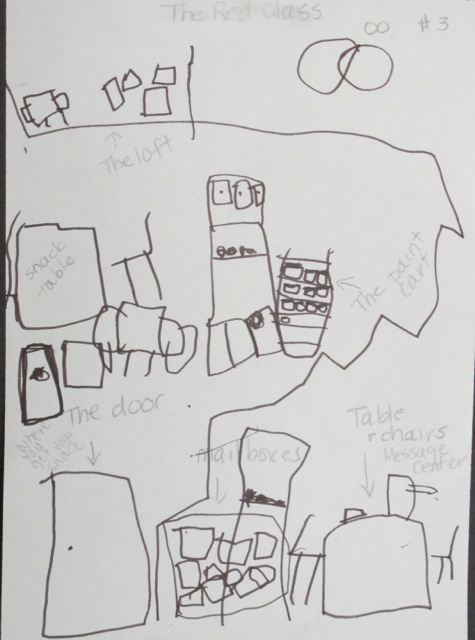
In order to support BHCP’s Educational Philosophy and Core Beliefs, we practice the following teaching values: We, as teachers…
We, as teachers…
Support children in their explorations
So children can…
- Make sense of their world
- Discover and learn
 We, as teachers…
We, as teachers…
Encourage children to test hypotheses
So children can…
- Problem solve
- Come to their own conclusions
- Feel capable
- Trust and feel trusted
- Grow in competence and confidence
Observe the child’s processes, experiences and interactions; document those observations; reflect; and bring the children’s ideas, thoughts, and work back to them for further investigation
So children can…
- Be heard, supported and understood
- Have a richer classroom experience, which is reflective of their questions, interests and ideas
- Have their thoughts, words and work elevated and shared in the community
Work with the children to create an environment that is rich, safe, conducive to risk-taking, inspiring, organic, relevant, collaborative and intentional
So children can…
- Express themselves
- Explore with wonder
- Make sense of their world
- Assume ownership of their ideas
- Experience joy and excitement at play
- Feel a sense of belonging
- Be more purposeful at play and work
Respect children’s pace and space to work and think
So children can…
- Problem solve
- Research for themselves
- Develop tenacity and perseverance
- Develop self-reliance and self-regulation
- Deepen meaningful experiences
Develop meaningful relationships with children and parents, and encourage children to build relationships with others. Place a high value on community
So children can…
- Develop a sense of belonging, security and empathy
- Empower themselves and others
- Build a community of experts
- Develop social skills to form meaningful relationships with peers and adults
Embrace successes and failures
So children can…
- Become life-long learners
- Recover from disappointment
- Learn to self-regulate
- Understand that bumps and valleys are part of life
- Practice perseverance
- Feel comfortable with ambiguity
- Learn to self-advocate
We, as teachers…
Curate open-ended high quality materials to use with children
So children can…
- Access resources for exploration and thinking
- Be challenged
- Rely on their imagination
- Practice flexible thinking
- Find new ways of looking at things
- Have their imagination and curiosity stimulated
- Collaborate with teachers and peers in work and play
We, as teachers…
Involve, embrace and support parents as an integral part of our classroom experience. Model the way we work with children to parents.
